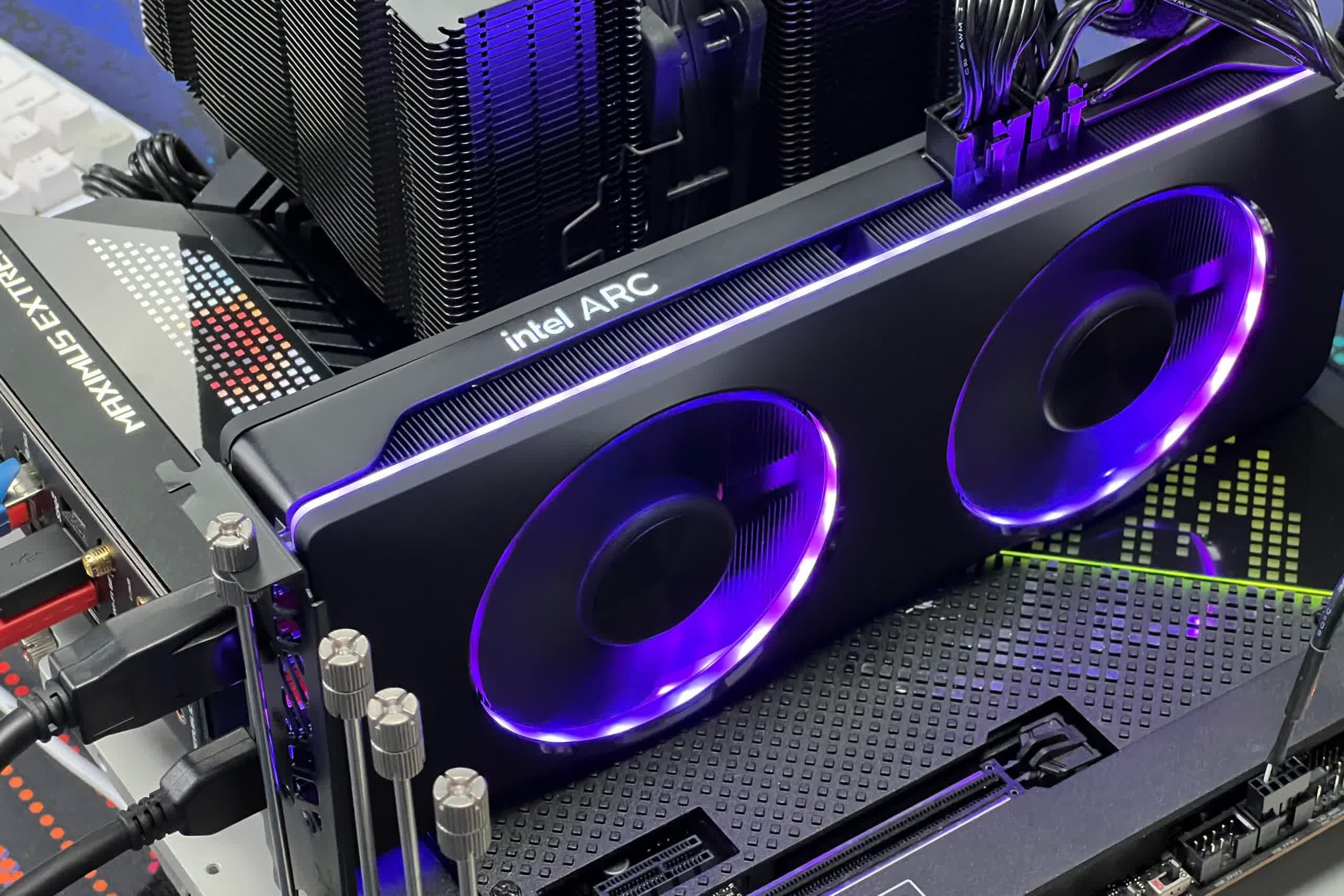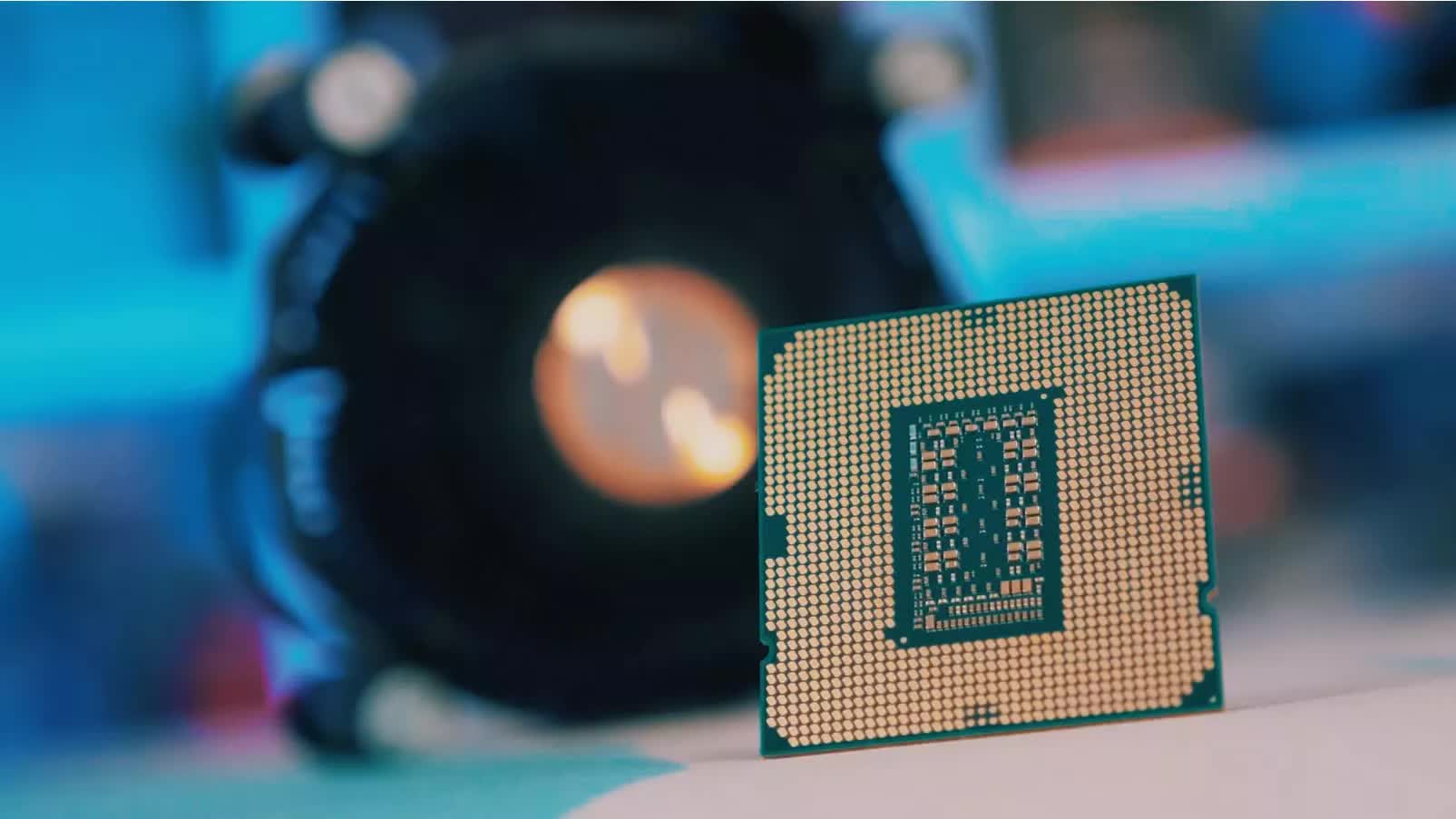Something to look forward to: Users interested in new chip architectures like Raptor Lake, Arc Alchemist, or RDNA 3 will receive expanded Linux support with the release of the OS' latest kernel. Linux 6.0 introduces many other improvements with other important updates coming very soon with 6.1.
Stable Linux kernel 6.0 is now available for most vendors. Usually, a move to a whole new version number signifies fundamental changes, but that isn't how Linux updates work. The OS' lead developer, Linus Torvalds, admits he only called the new version 6.0 because he didn't want to count beyond 5.19.12. Nonetheless, 6.0 includes many changes, including over 15,000 non-merge commits.
Linux 6.0 introduces hardware drivers for Intel's recently unveiled Raptor Lake and upcoming Meteor Lake processors and open-source drivers for the company's new Arc Alchemist GPUs. The latest AMD drivers support Threadripper CPUs, Epyc systems, and the company's upcoming RDNA 3 graphics cards. The new kernel also starts early support for Qualcomm Snapdragon-powered laptops, charting a path for Linux's expansion into Arm.
Other changes include:
- Fixed drivers for the Chinese LoongArch processor architecture.
- A new V3d graphics driver for the Raspberry Pi 4.
- More extensions for RISC-V platforms.
- Stable H.265 and HEVC codecs.
- An MMC onboard storage driver for Rockchip RK3588 devices.

The new kernel also fixes a problem caused by an ancient Linux workaround that slows down AMD processors. The trick was necessary circa 2002 to deal with incompatibilities in early Advanced Configuration and Power Interface (ACPI) implementations, but it only slows down modern AMD processors. The fix comes courtesy of a Linux developer at Intel who confirmed the update to Ars Technica.
Torvalds will open the Linux 6.1 merge window this week, which he says includes multiple core changes. One is a security improvement Google engineers worked on for over a year to harden the kernel, closing zero-click Bluetooth vulnerabilities that could allow arbitrary code execution.
Another critical item version 6.1 addresses is support for the memory-safe Rust programing language. Google has pushed for Rust's inclusion in Linux since the company uses it to develop its Linux-based Android OS. Torvalds admits Rust initially won't have a "serious use case" in Linux, but 6.1 still establishes a vital beachhead for the programming language on which to expand.
